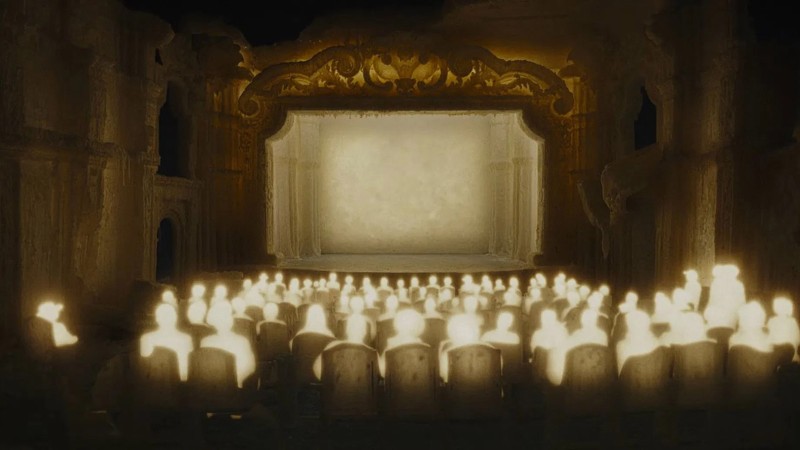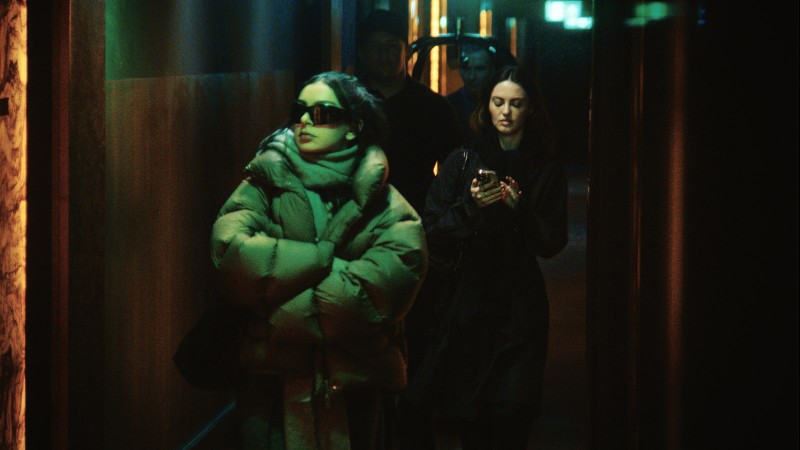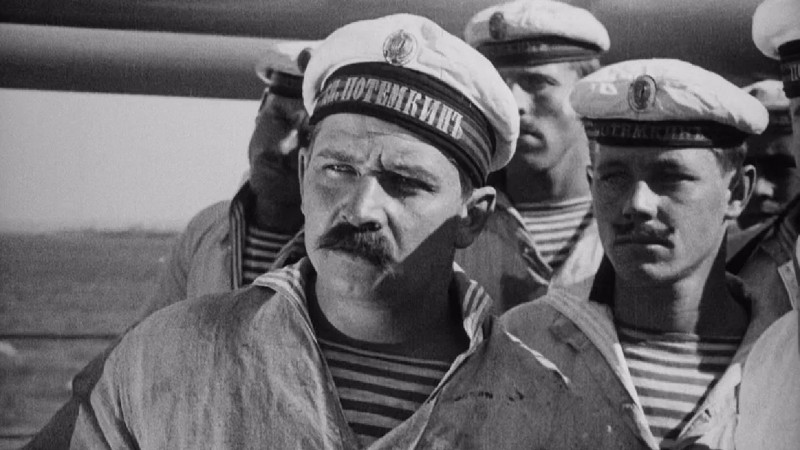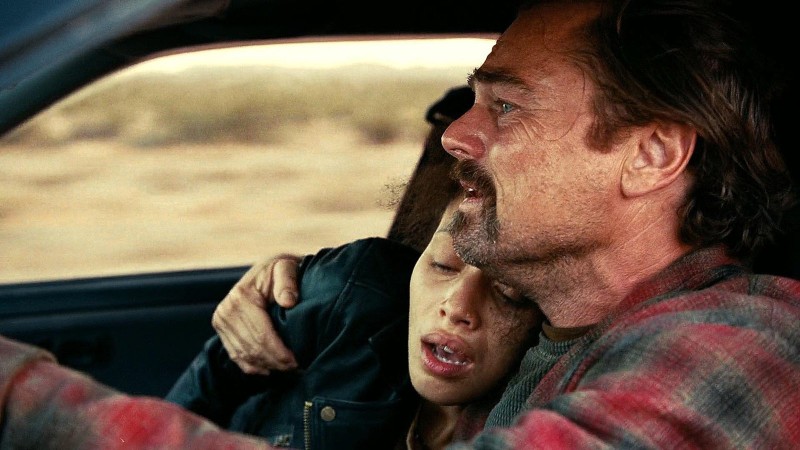Swallowed by the Sea

After scoring Robert Zemeckis’s Here for its Centerpiece Screening, AFI Fest has landed another big world premiere for its closing night presentation. Clint Eastwood’s Juror #2 stars Nicholas Hoult as Justin Kemp, a jury member struggling with a moral dilemma, as well as Zoey Deutch as his wife, Kiefer Sutherland as his AA sponsor, Toni Collette as the prosecutor, Chris Messina as the public defender, and Gabriel Basso as the accused murderer. AFI Fest runs in Los Angeles from October 23 through 27.
- One of the most talked-about stories of the week is Sasha Weiss’s deep dive for the New York Times Magazine into “a cursed masterpiece that the public may never be allowed to see.” For nearly five years, Ezra Edelman (O.J.: Made in America) has been working on a nine-hour documentary portrait of Prince. The estate initially cooperated, then changed hands, and now threatens to block the film’s release on Netflix. After seeing the latest cut, Questlove, probably the most dedicated Prince fan on the planet, told Weiss: “Everything’s here: He’s a genius, he’s majestical, he’s sexual, he’s flawed, he’s trash, he’s divine, he’s all those things. And, man. Wow.” Weiss has been following the project for more than a year and a half. “As of today,” she writes, “there is no indication that the film will ever come out. It has been like watching a monument being swallowed by the sea.”
- Emily LaBarge surveys Chantal Akerman’s major shorts and features in the Yale Review. “Nothing much happens, not usually, not in the way film has taught us to expect,” writes LaBarge. “What does happen is whatever happens to you as you watch the long shots of static spaces and silent, solitary characters; in this sense the films are about your own interior.” As for her resistance to being labeled a feminist filmmaker, Akerman “reasserted her position in a radio interview given shortly after Jeanne Dielman’s release [in 1975]: ‘I’m not a militant. I simply make films that are not colonized, that have not been filtered through the language of men . . . I think I’m making films that are very close to how I feel and to what I am, and I don’t speak the language of men to express myself. And so, that’s my way of being in the fight.’”
- In his latest piece for the Baffler, John Semley explains why he sees Osgood Perkins’s Longlegs, “the indie horror sensation of the summer,” as “a nail in the coffin of so-called ‘elevated horror’ . . . Even if ‘elevated horror’ (or ‘prestige horror,’ or ‘post-horror,’ or, god forbid, ‘hipster horror’) is essentially a made-up term, it describes a real thing. Over the past decade-or-so, a cycle of films has emerged that share common thematic and visual preoccupations. They also share something harder to dissect and easier to sniff out: an attitude . . . At worst, such films foreground their thematic and intellectual work at the expense of being, you know, scary. At best, they play like their own term papers; as someone who used to lecture on the genre, I’d give the whole cycle a B-.”
- Two recent pieces in Metrograph Journal testify to the range of the New York theater’s programming. Armance Léger writes about the “dandy persona” of “artist, painter, sculptor, filmmaker, and sometime actor Daniel Pommereulle,” who appeared in films by Rohmer, Godard, and Eustache. And in the run-up to the release of Coralie Fargeat’s The Substance—at 4Columns, Melissa Anderson calls it “inane, repetitive, and benumbing”—Jourdain Searles salutes “one of the most distinguished and recognizable icons of ’90s cinema,” Demi Moore. Interview has Michelle Yeoh’s conversation with Moore, and in the NYT, Manohla Dargis writes: “In a career filled with box-office highs, derided lows, and states of undress, she has been by turns celebrated and mocked for being precisely what the movies asked her to be: a fantasy, one that is emblematic of how the world continues to look at women and that now finds Moore staring right back, naked and defiant.”
- Let’s wrap with new issues from two prestigious journals. In print, Cineaste offers articles on Chantal Akerman and Jerzy Skolimowski and interviews with Agnieszka Holland, Catherine Breillat, Cédric Kahn, and Lila Avilés. Online, you’ll find book reviews and David Sterritt on Michael Roemer’s Nothing but a Man (1964). Get hold of a hard copy of Film Quarterly for a dossier on the fiftieth anniversary of Ousmane Sembène’s Xala, while online, editor Rebecca Prime passes the baton onto J. M. Tyree, Eliot Dunn writes about Paul B. Preciado’s Orlando, My Political Biography and Jules Rosskam’s Desire Lines, and Bruno Guaraná talks with Jocelyn Szczepaniak-Gillece about her new book, Movies Under the Influence.



